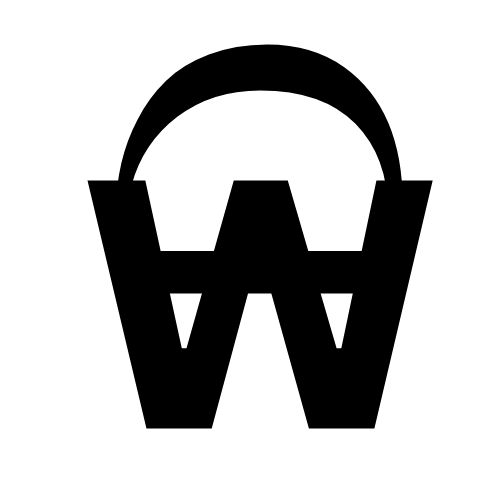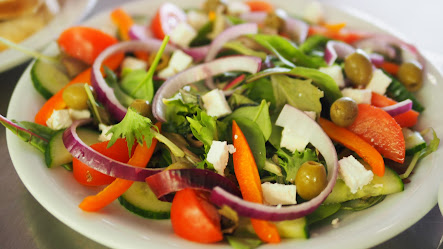Iron is an essential nutrient for pregnant women, as it plays a crucial role in the formation of red blood cells and the delivery of oxygen to the developing fetus. During pregnancy, the body's need for iron increases, as the growing fetus needs iron for growth and development, and to build a healthy blood supply. A deficiency in iron during pregnancy can lead to serious health complications for both the mother and the baby, such as anemia and preterm delivery. Therefore, it is important for pregnant women to consume enough iron-rich foods to ensure a healthy pregnancy and baby.
The recommended daily intake of iron for pregnant women is 27 milligrams per day. This can be obtained through a combination of dietary sources and supplements. Good dietary sources of iron include red meat, poultry, fish, beans, lentils, leafy greens, and fortified cereals.
There are many organic food options that are rich in iron and can be included in a healthy pregnancy diet. Some examples include:
Organic red meat: Organic grass-fed beef, pork, and lamb are all excellent sources of iron. They can be cooked in a variety of ways to make them more palatable.
Organic poultry: Organic chicken and turkey are also good sources of iron and can be cooked in a variety of ways.
Organic fish: Salmon, halibut, and sardines are all good sources of iron and can be eaten cooked or canned.
Organic legumes: Organic beans and lentils such as chickpeas, kidney beans, and black beans are a great source of iron, as well as protein and fiber.
Organic leafy greens: Spinach, kale, and collard greens are all excellent sources of iron, as well as other important vitamins and minerals.
Organic nuts and seeds: Cashews, pumpkin seeds and sesame seeds are all good sources of iron and can be eaten as a snack or added to salads and cereal.
Organic fortified cereals: Look for organic cereals that are fortified with iron, such as oatmeal and whole wheat cereal.
Organic dried fruits: Apricots, prunes and raisins are all good sources of iron.
Organic tofu: Tofu is made from soybeans and is a good source of iron, as well as protein and other important nutrients.
Organic quinoa: Quinoa is a good source of iron and also a complete protein.
It is important to note that organic food may have a higher cost than conventional food. Eating a variety of foods with a balance of nutrient-rich and organic options can be a good compromise. Also, pregnant women should talk to their healthcare provider or a registered dietitian for personalized advice.
It is important to note that many women do not consume enough iron through diet alone, and an iron supplement is often recommended. Pregnant women should talk to their healthcare provider about their specific iron needs and how to best meet those needs.
Meat, poultry, and fish are some of the best sources of iron. Beef, chicken, and pork are all good sources of iron and can be cooked in a variety of ways to make them more palatable. Fish such as tuna, salmon, and halibut are also good sources of iron and can be eaten cooked or canned.
Beans and lentils are also great sources of iron. They can be added to soups, stews, and salads, or used as a side dish. They are also a great source of protein and fiber.
Leafy greens, such as spinach and collard greens, are good sources of iron, as well as other important vitamins and minerals. They can be eaten raw in salads, steamed, sautéed, or added to soups and stews.
Fortified cereals are also a good source of iron. Many breakfast cereals are fortified with iron, so check the label to find out which ones have the most.
It is important to note that the body absorbs iron from animal sources more easily than from plant sources. Therefore, pregnant women who follow a vegetarian or vegan diet may need to consume more iron to meet their needs. Additionally, consuming foods that are high in vitamin C, such as citrus fruits, can help increase the absorption of iron.
Iron supplementation is also an option. Pregnant women should consult their healthcare provider to evaluate their iron status and determine if iron supplementation is necessary. Iron supplements should be taken with a source of vitamin C, such as a glass of orange juice, to improve absorption.
In conclusion, iron is an essential nutrient for pregnant women, and a deficiency can lead to serious health complications for both the mother and the baby. Pregnant women should consume enough iron-rich foods to ensure a healthy pregnancy and baby. Good dietary sources of iron include red meat, poultry, fish, beans, lentils, leafy greens, and fortified cereals. Women should talk to their healthcare provider about their specific iron needs and how to best meet those needs.






0 Comments